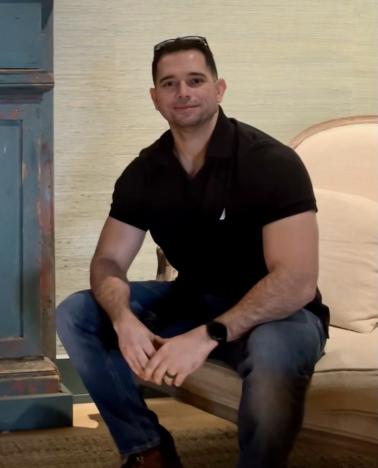
"Imagine the pride a family experiences when their first born receives a scholarship to pay for a degree from Baruch College in New York. A promising future in Accounting and Business Management was interrupted when an offer was presented to manage a multi-million-dollar company handling precious metals and stones. At the young age of 19, being offered a salary twice as much as I would start off with as a college graduate, was appealing enough for me to pause my degree for some real-world education. Extremely lucrative and rewarding as it was, the benefits of travel and meeting influential people added to the overall romance with early success. Human nature leads most of us to seek instant gratification and the ride was exhilarating until some 20 years later when the company went bankrupt, and so was I. At the ripe age of 40, I was faced with harsh reality that the job market demands formal education in addition to experience. While I was able to find a different path to success, I had to overcome many challenges that with a degree, would have been much less."








